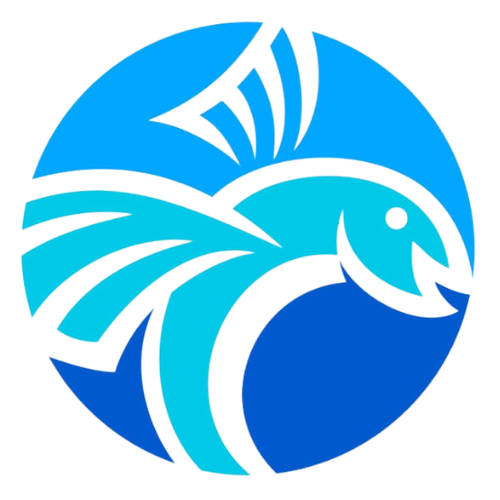Bissessar Chakalall (Fisheries Management)
Bissessar Chakalall (“Chaks” or “Chaka” as he was affectionately known) was born on 23rd August 1948 in Guyana. For the majority of persons in the Caribbean during the post-war period, everyday living was marked by frugality at best and poverty at worst. This was the case for the young Bissessar whose parents were rice farmers. Despite the circumstances that he was born into, Bissessar, excelled academically. His academic journey was one fueled by his commitment to achieve and was largely self-financed.
To this end, after graduating from high school in 1964, Bissessar started his professional career as a primary school teacher. In 1966 he entered the University of Guyana to pursue a B.Sc. program on a part-time basis during which he time he continued teaching at the primary school level until 1967 when he taught at the secondary school level. He completed his B.Sc. degree in 1972 majoring in Biology and continued teaching until 1975. For the period 1976 to 77 while on secondment to the Fisheries Division in Guyana, he was awarded a Government of Guyana Conditional Scholarship to pursue a postgraduate diploma in Marine Biology at the Centro de Investigaciones Pesqueras of Cuba. Upon completion of his advanced studies, he served as a Fisheries Officer in the Guyana Fisheries Division.
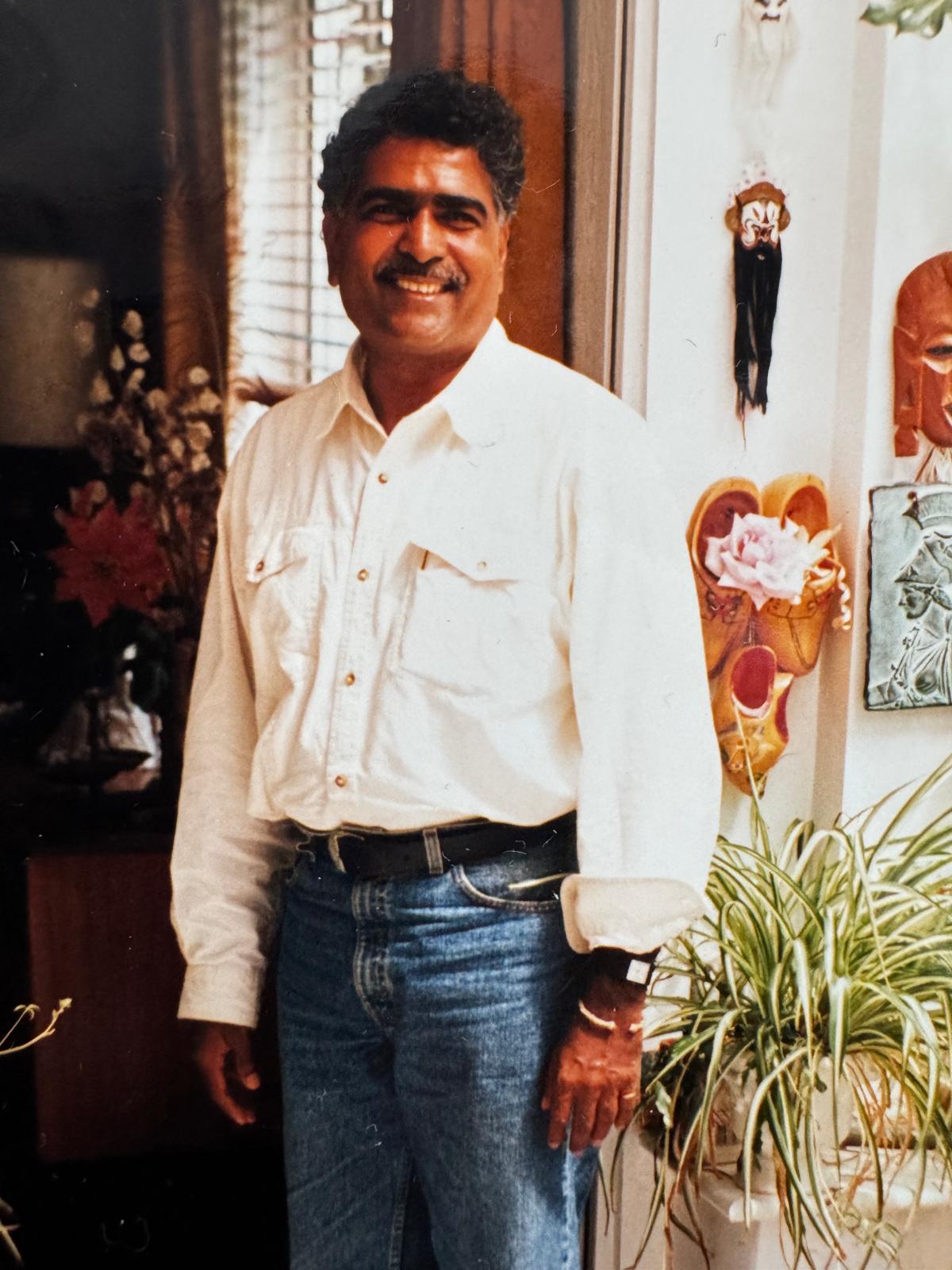
During his stint at the Fisheries Division, Bissessar worked on the development of artisanal Fisheries and the establishment of Fisherfolk cooperatives and supervised an aquaculture research lab and developing logbooks for a number of Guyana’s fisheries, among other duties. He was one of the national scientific participants on the famous Oregon II research vessel survey of the continental shelf from Guyana to Brazil in 1977.
Bissessar’s work at the local level in Guyana was varied, and no doubt provided the technical foundation for his work at the regional level during a period of rapid change in the management of fisheries worldwide.
In this context his regional career started with his becoming the Project Officer for the Caribbean Conservation Association (CCA) from 1980 to 1985, supervising the Association’s environmental related projects at the time. Following this, Bissessar took up his appointment of Fishery Officer in the Subregional Office for the Caribbean (SLC) during which time he also served as Secretary to the Western Central Atlantic Fishery Commission (WECAFC) in 1986. It was during his tenure in that role that the Regional Fisheries Community possibly most directly benefited from his expertise and leadership.
Bissessar was also involved in a wide array of projects with the Food and Agriculture Organization pf the United Nations (FAO), involving studies of the biology and ecology of the fishery resources of the Caribbean, management and sustainable development of the region’s fisheries, the development of fisheries policies and addressing governance issues including institutional arrangements. His technical knowledge and acumen were vital components in the successful execution of his duties and management of the FAO in the region under his purview. But apart from his academic wisdom, several other personal traits led to Bissessar’s professional success. These included his natural humility, affability, energy, work ethic, all of which engendered the trust and respect of the persons he worked with. Simply put if Bissessar was involved there was a heightened belief that the project would be successful.
Bissessar was the perfect mix of technocrat and diplomat being able to effectively advise and communicate equally well with politicians, jurists, fisheries officers, scientists and very importantly the fisherfolk. Indeed, Bissessar would spend many a weekend hanging out with fisherfolk at Six Men’s and Half Moon Fort. In this way, the he was either at times the driving force or catalyst for the changes that were necessary at the time of changing fisheries management paradigms. He was a firm regionalist, recognizing the need for collective action to protect the interests of Caribbean states in the context of the sustainable development and management of fisheries. To this end he maintained a network and circle of friends from throughout the region of like mind. His service to Barbados was largely in that collective context. During his tenure at FAO, Bissessar significantly “moved the needle” for fisheries management in the Caribbean.
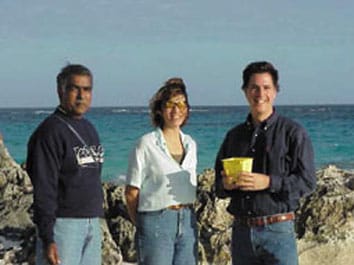
Bissessar passed away on the 13th April 2010 at the age of 61. One of the last projects that he was involved in from 2005 was an FAO led project in Suriname and his native Guyana integrating aquaculture into small rice-based farming systems to diversify production to improve nutrition and increase the income of the farmers. Through his involvement in this project, Bissessar likely experienced a deep sense of personal fulfillment in giving back to the community that shaped him, utilizing the expertise of his chosen profession.
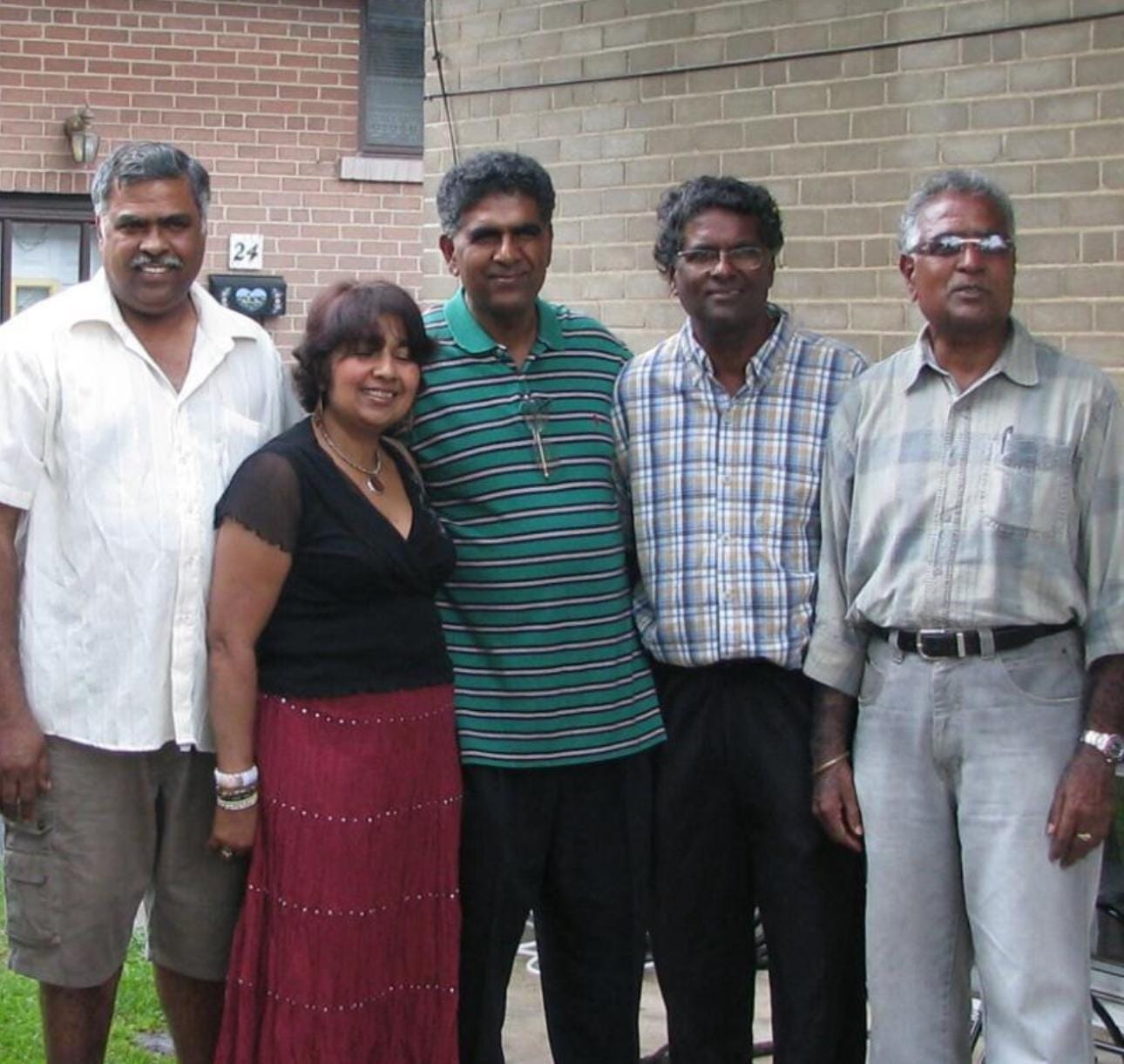
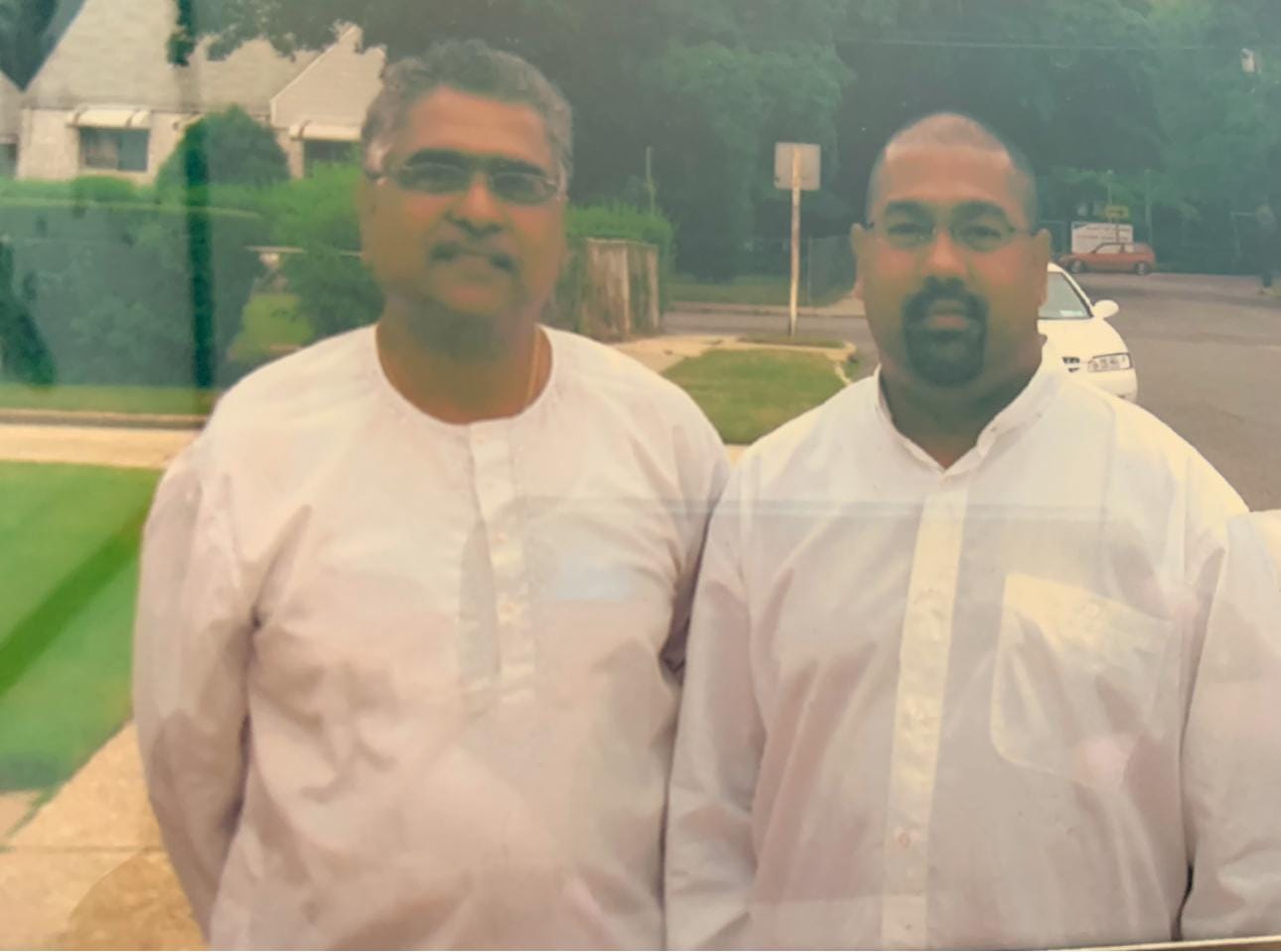
Bissessar was not only an inspiration to those his work influenced, but also to his family. Photo 1: Bissessar with his family he is located (far left) in the picture with his brothers, and (far right) with his brothers and sister. Photo 2: Bissessar (left) with his son Yuri Chakalall (right). Photos courtesy of Yuri Chakalall.

